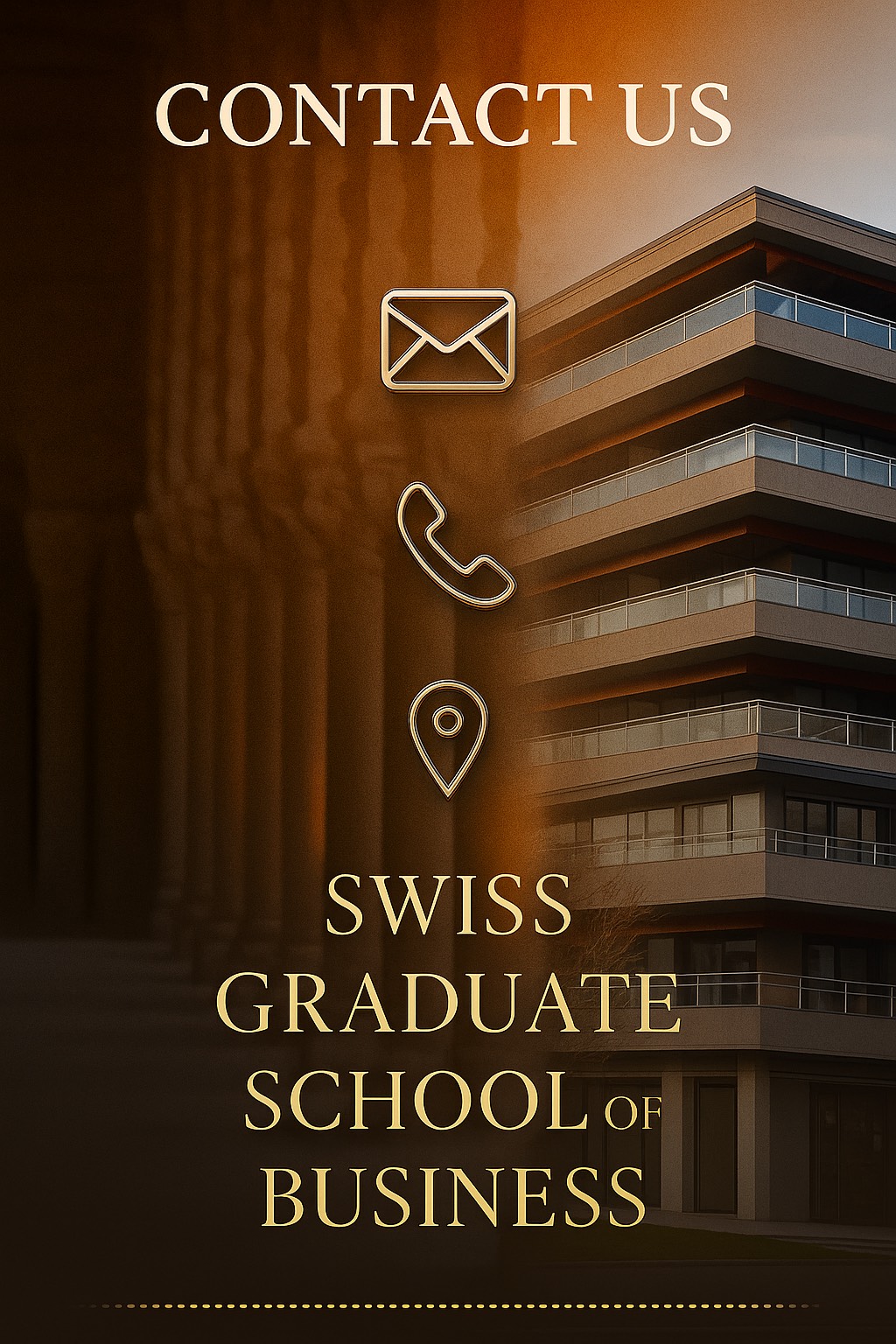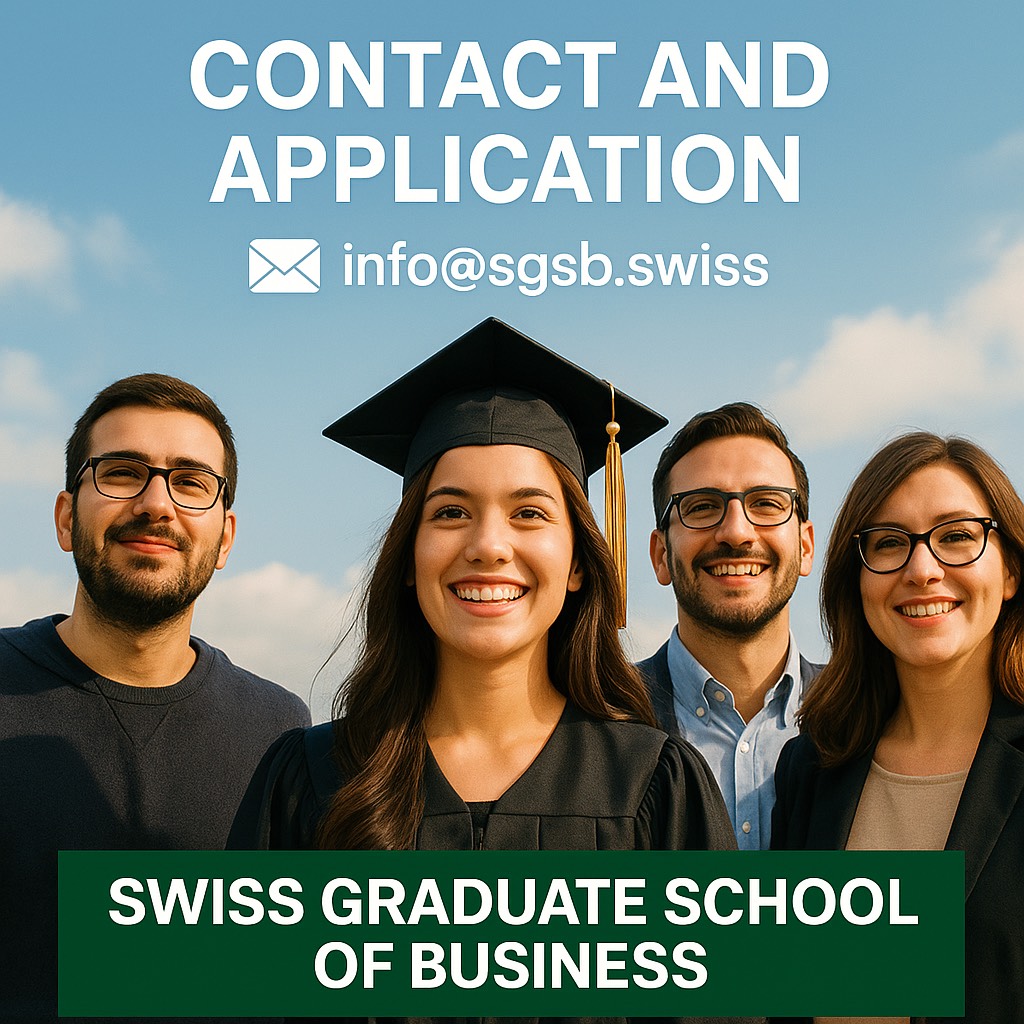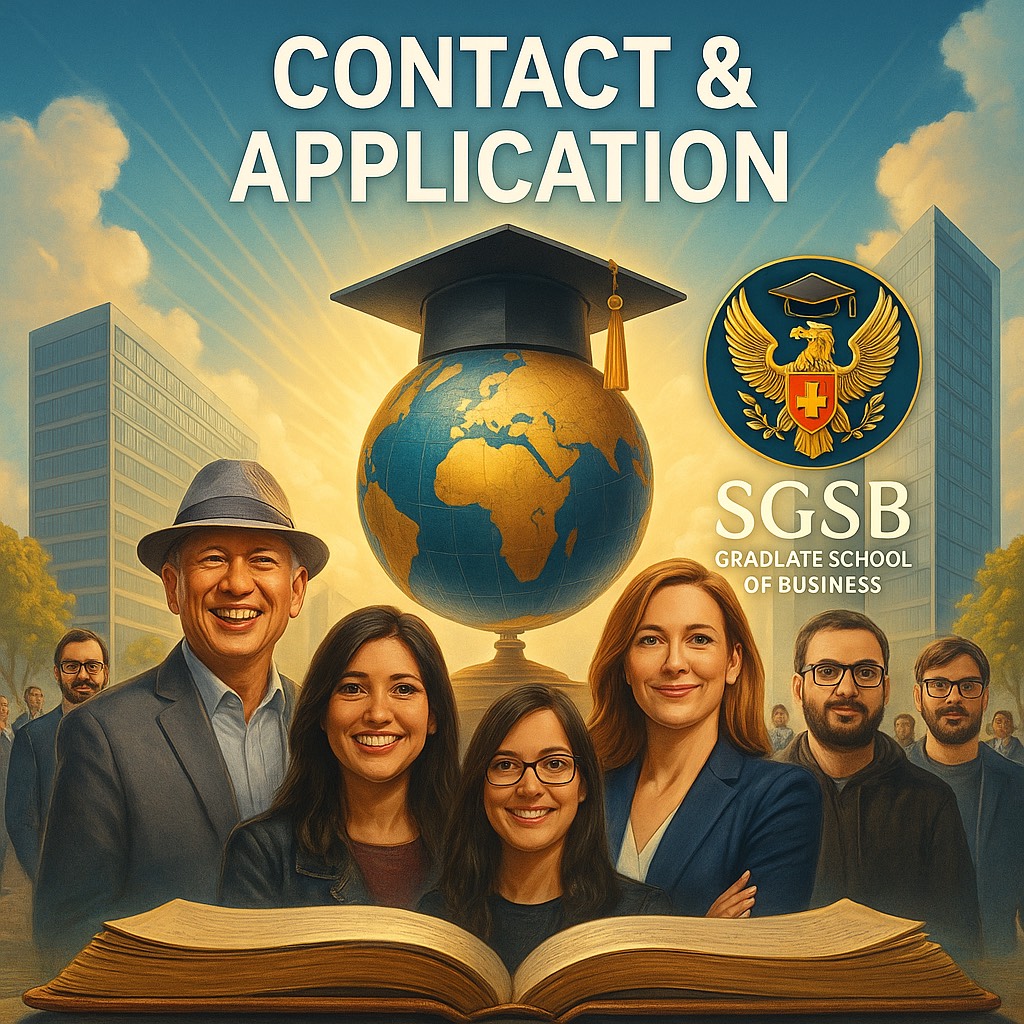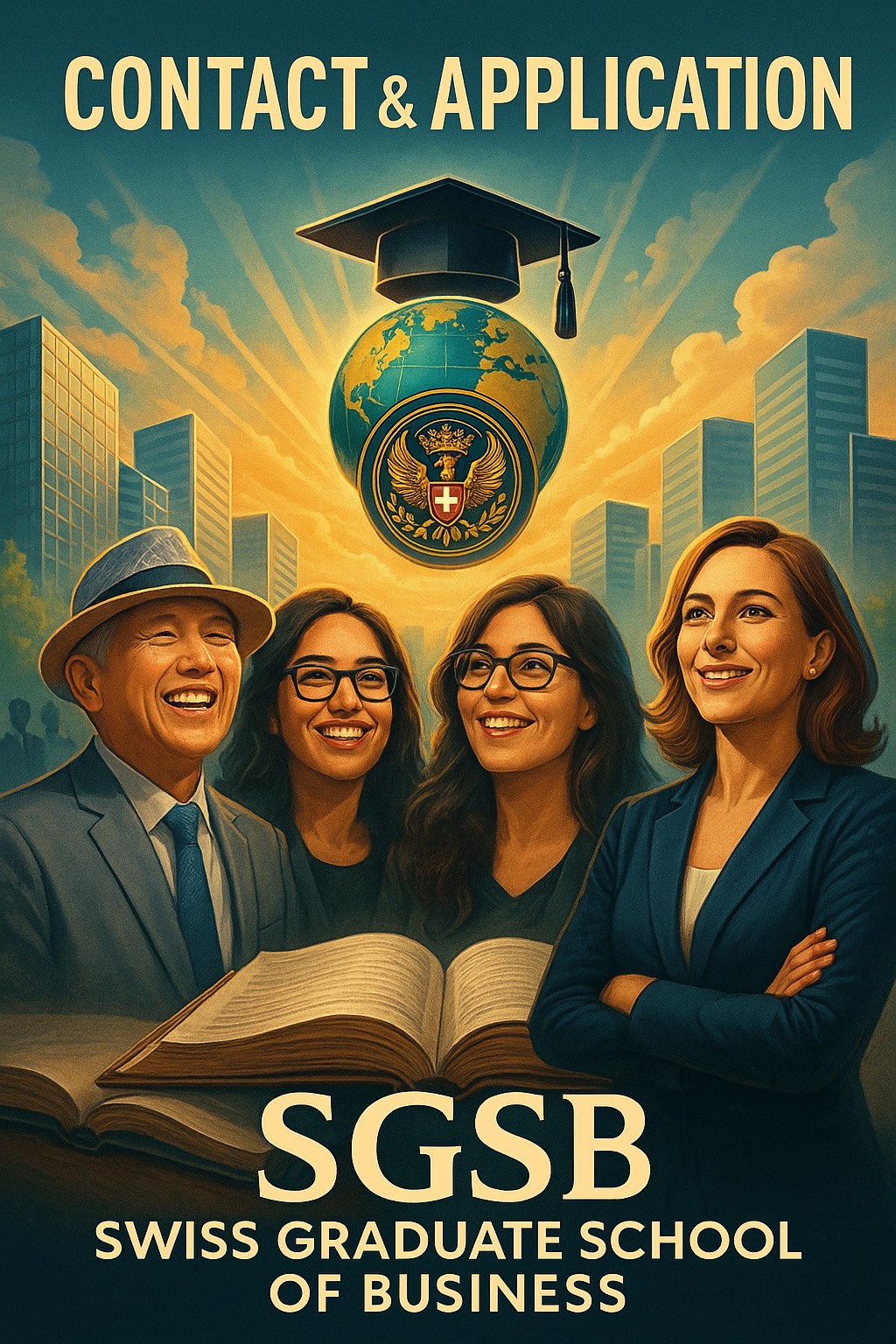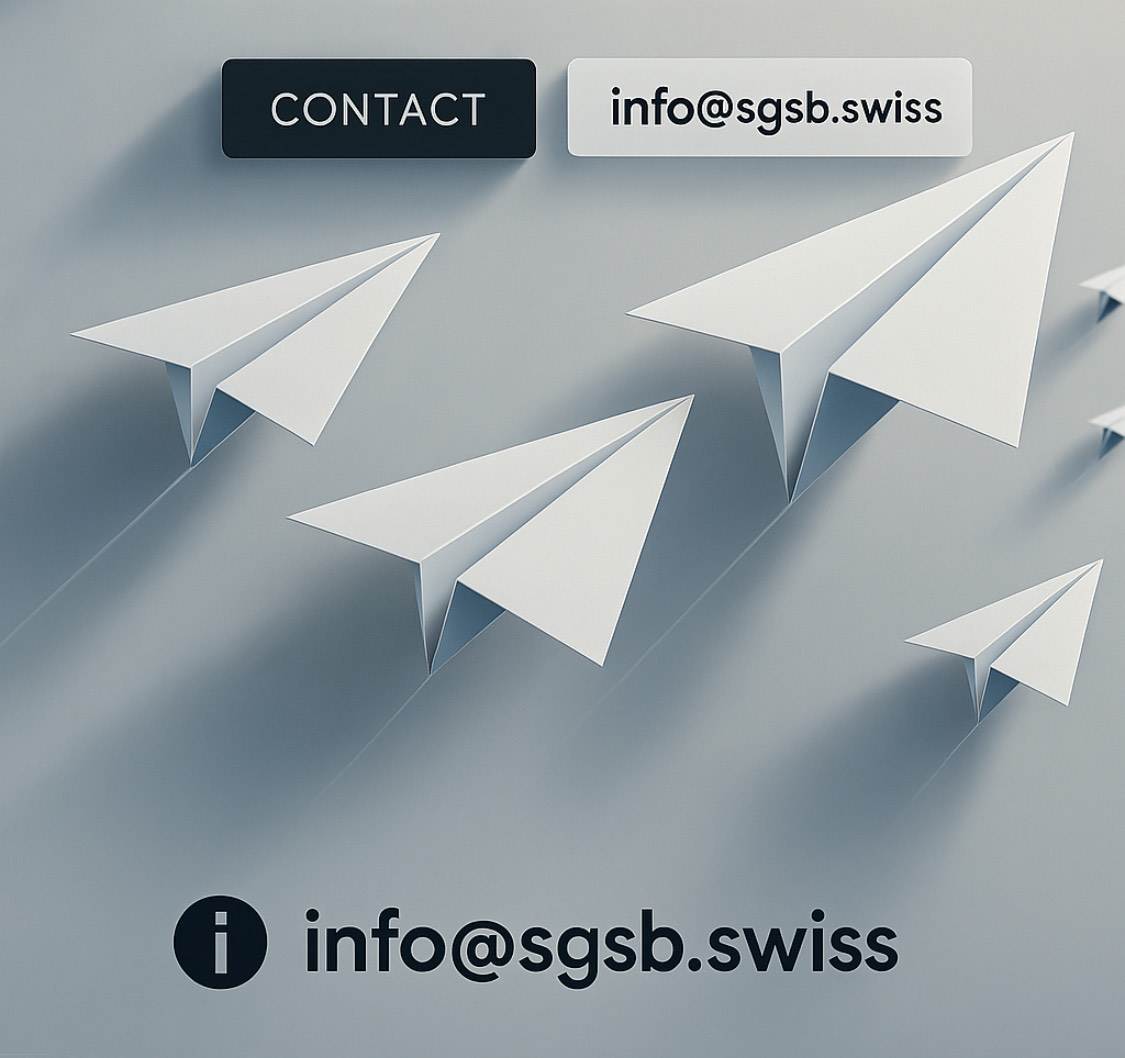
1. Introduction
An international Memorandum of Understanding (MOU) is a document that outlines cooperation between the Nestle University of Switzerland, Swiss Graduate School of Business School, Erasmus Edu Foundation, and an institution of higher education or organization outside of Switzerland. Such a document may also be referred to as an agreement or memorandum of cooperation. Faculty interested in developing a partnership with an institution abroad should discuss the type of cooperation they would like to initiate with the potential partner university with their department chair, their Dean, and staff in the office of International Learning Opportunities. It may also be helpful to review the list of the Nestle University of Switzerland, Swiss Graduate School of Business School, and Erasmus Edu Foundation’s current partner universities to determine whether the Nestle University of Switzerland, Swiss Graduate School of Business School, and Erasmus Edu Foundation may already have an agreement with the institution of interest or another institution in the same city or province.

2. Administrative Process Checklist
• Cooperation is typically initiated by developing a general cooperation MOU stating that the Nestle University of Switzerland, Swiss Graduate School of Business School, and Erasmus Edu Foundation and the partner university agree to cooperate with specifics to be outlined in additional agreements. It is important to avoid making commitments on behalf of the Nestle University of Switzerland, Swiss Graduate School of Business School, and Erasmus Edu Foundation prior to discussing these commitments with relevant university officials as indicated above. We will view the instructions for completing international cooperative agreements together.
• Once specific types of cooperation have been negotiated or determined, separate agreements are developed. Either partner university may initiate the process with a draft agreement that is then negotiated between the officials responsible for MOU development at the respective institutions.
• Bilateral exchange agreements must have an articulation of the host university courses with Nestle University of Switzerland, Swiss Graduate School of Business School, Erasmus Edu Foundation equivalents to assist students with advising and planning.
• Finalized agreements are prepared in duplicate, so both partner institutions may keep an agreement with original signatures on file.
• At Nestle University of Switzerland, Swiss Graduate School of Business School, Erasmus Edu Foundation, international MOUs are reviewed or prepared by the Director of International Learning Opportunities who forward them to the Provost/Vice President for Academic Affairs for signature. Only Memorandum of Understanding, MOUs signed by the Provost are considered to be valid university agreements. Some universities, especially in Asia and European countries, prefer to have the President’s signature, and therefore, some Memorandum of Understanding, MOUs are signed by the Nestle University of Switzerland, Swiss Graduate School of Business School, and Erasmus Edu Foundation’s President.
• The Provost has each Memorandum of Understanding (MOU) reviewed by the University Legal Counsel prior to signing two originals. The two documents with original signatures are then mailed to the partner university where they are signed by the appropriate official. The partner university then returns one of the originals to the Nestle University of Switzerland, Swiss Graduate School of Business School, and Erasmus Edu Foundation. This process may also be initiated by the partner university.
• The original agreement is kept on file in the Provost Office with copies mailed to the relevant department or College as well as in International Learning Opportunities (ILO).


3. For Faculty to Consider in Developing University Partnerships
• What is the specific type of cooperation of interest: joint research, faculty exchanges, bilateral student exchanges, faculty-led education abroad for groups of students from the Nestle University of Switzerland, Swiss Graduate School of Business School, and Erasmus Edu Foundation, hosting partner university students in custom-designed group training programs at the Nestle University of Switzerland, Swiss Graduate School of Business School, and Erasmus Edu Foundation (through the Intensive English Program in the English Department), dual-degree and/or triple-degree program development, etc.
• Can both partner institutions accommodate the needs of students and faculty from the other, if proposing activities involving students and faculty being exchanged? For example, consider language requirements/limitations, housing, cost of living/tuition, compatibility of curricula, safety/health considerations, etc.
• Do the academic disciplines offered at the potential partner university match those at Nestle University of Switzerland, Swiss Graduate School of Business School, Erasmus Edu Foundation? Should the cooperation involve the entire university or a specific academic discipline only?
• Are there any safety and health considerations for our faculty and students with respect to the location of the partner university?
• Should this MOU have a specific time frame or can it be open-ended? Generally, agreements are only valid for 3~5 years and must be renewed.
• If there is no bilateral student exchange agreement with a partner university, Nestle University of Switzerland, Swiss Graduate School of Business School, Erasmus Edu Foundation CAN host partner university students as non-degree seeking students, but students will be expected to pay nonresident tuition
If a bilateral student exchange is proposed, consider the following:
- Language of instruction and intensive language/culture programs available for Nestle University of Switzerland, Swiss Graduate School of Business School, Erasmus Edu Foundation students; English language skills of partner university students
- Interest by Boise State students (for most of our exchanges, more students from our partner universities are prepared to come to us than vice versa)
- Students pay tuition at their home institutions and exchange places, so the numbers of students exchanged must balance over a number of years
- Housing and student support services are offered at the partner university
- Opportunities for cultural immersion
If you are interested in joining our degree partnership as a regional university, institute,
Or For more information as a student, and/or concerning the following issues, feel free to contact our partnerships department.
The role of the Strategic Partnerships Department (SPD) is to guide potential partner Universities and Business Schools towards strategically optimal solutions that can improve their overall business. To achieve that, the team needs to understand the partner’s edu-business, their pain points, industry and landscape.

Trust and Respect
When starting an edu business partnership, the secret to the success of every partnership agreement is rooted in trust and respect between the two partners. You must be able to trust the decision-making, temperament, vision, and competence of your partner and vice versa.
Let’s build huge Advantages of a partnership including that:
✓ two heads (or more) are better than one.
✓ your edu business is easy to establish and start-up costs are low.
✓ more capital is available for the business.
✓ you’ll have greater borrowing capacity.
✓ high-calibre employees can be made partners.
- Inbound students
- Outbound students
- Overseas partners
- Academic collaborations
- Global research, Resources
- Travel
- Staff
- Preparing students
- Application process
- Inbound students
- Degree exchange partnerships
- Agreements

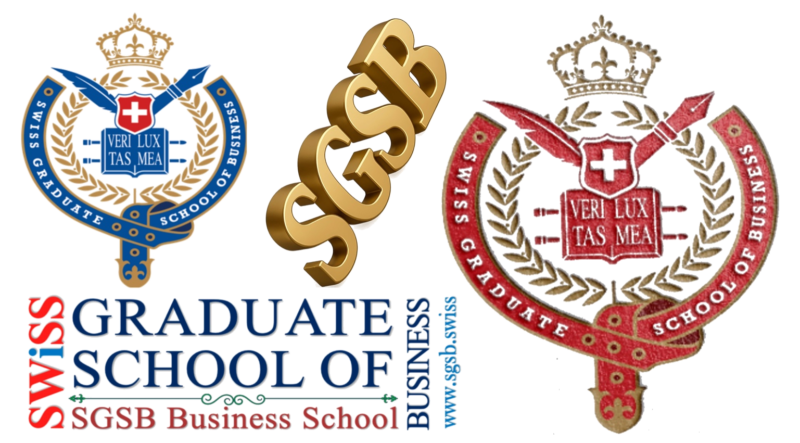

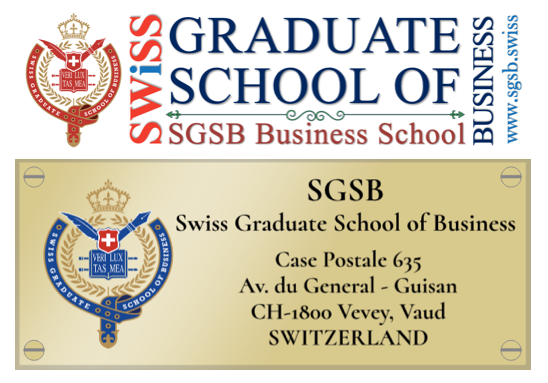
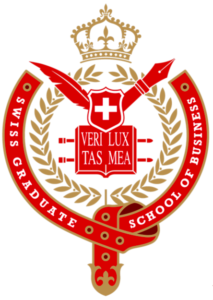 Degree Exchange Agreements and Partnership with Institutions Abroad
Degree Exchange Agreements and Partnership with Institutions Abroad









